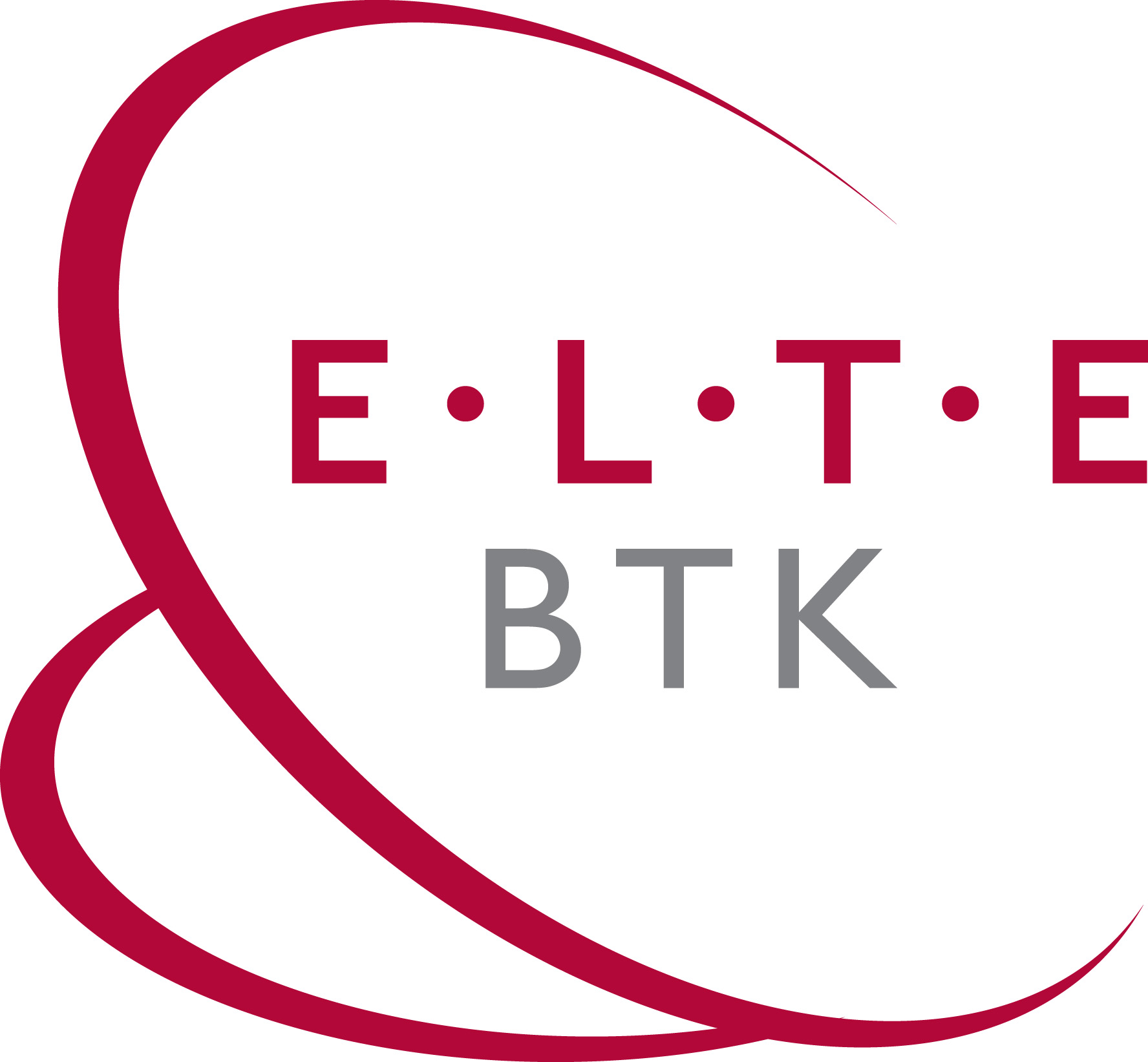
Main menu
You are here
Home
AΓION is a new, peer-reviewed English language journal, published under the aegis of the Centre for the Study of Religion, Faculty of Humanities, Eötvös Loránd University, Budapest, aimed at the international scholarly community.
AΓION focuses on the examination of religious phenomena and key aspects of religious studies; scholarly work that is theoretically well-founded and based on philological or other accepted methods; original work that has not yet been published in an international scholarly language.
The name of the journal pays homage to the epochal work of Rudolf Otto, but AΓION, supporting diversity in views and methods, does not commit itself to any specific trend or school of religious studies. Thus it accepts works of merit from all fields of research that are connected to the study of religion (including historical, analytic, and philological studies, and also, philosophy of religion, ethnology, anthropology, sociology, psychology, and law), as long as they are relevant to the study of religion.
The journal will also emphasise ritual studies, reflecting the dynamic and varied character of East-Central European (e.g. Hungarian) and Eastern European research (such as anthropology of religion, and the study of liturgy based on religious studies).
AΓION gives preference to studies based on the relevant source languages, and while it expects articles to be written in proper scholarly fashion, also encourages approachability for a wider audience (quotations should be translated, technicalities properly explained, etc.).
The journal also welcomes studies addressing issues of contemporary relevance.
Articles of an apologetic or missionary character will not be considered. On the other hand, the journal does not publish works of religious criticism, even though criticism of religion, or of particular religions can be a topic of religious study.
AGION awaits research articles, editions (with translations) of textual sources, and book and media reviews for publication in compliance with its aims and scopes. Research articles are expected to be about 8–12 pages (counting ca. 400–450 words/3000–3200 characters per standard page), but works of differing length are also accepted. Preliminary enquiries should be made concerning articles of much greater length. Reviews are expected to be about 2–3 pages in length, but if justifiable (in the case of significant, or problematic works) longer submissions are accepted.
Please find the appropriate section of the webpage regarding policies and submissions (especially concerning citational and bibliographical norms, along with the scientific transcription of certain languages). In case of uncertainty please consult the Editor-in-chief. To avoid the misplacement of articles please address all works to the Editorial Assistant as well.
Copies of publications may be sent to the address stated in the Contact Us field by publishers and authors for review.
- Works to be published in the first volume (containing issues 1–4) are expected until 31st July 2014, but (in respect of the summer holidays) authors are requested to post articles by 30th June 2014—to ease the process of peer-review.
- The deadline of works for the second volume’s 1–2 issues is 30th November 2014.

